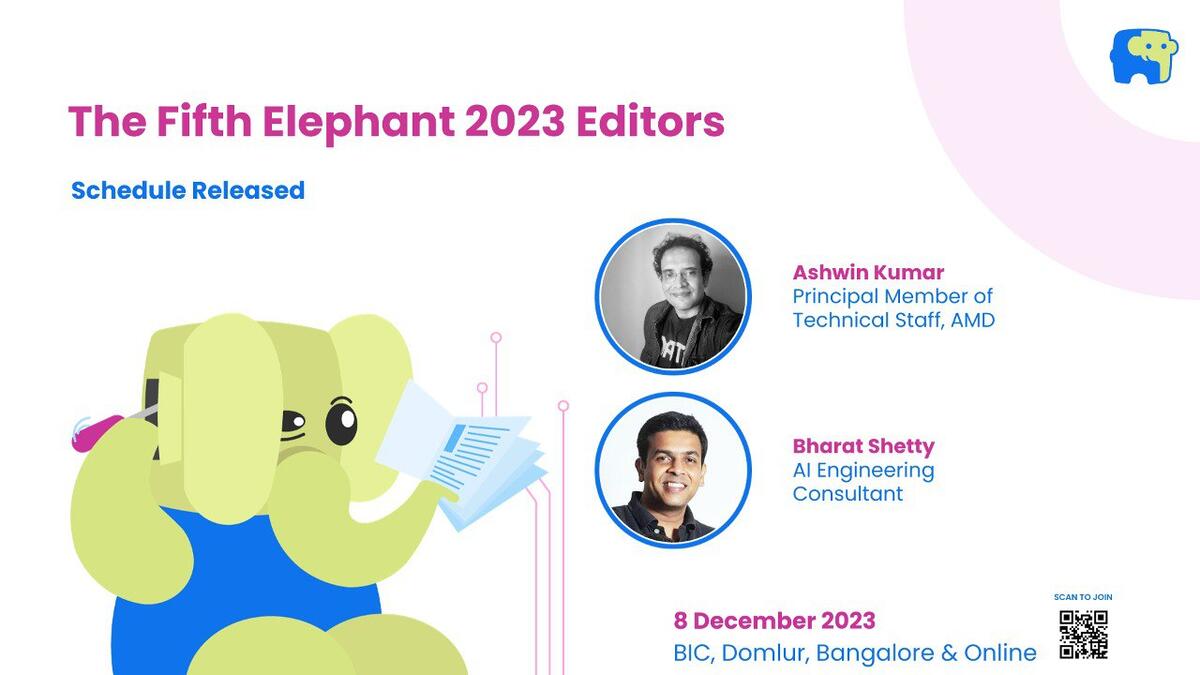
The Fifth Elephant 2023 Winter
On the engineering and business implications of AI & ML
Dec 2023
4 Mon
5 Tue
6 Wed
7 Thu
8 Fri 09:00 AM – 04:15 PM IST
9 Sat
10 Sun
dhruvil karani
@althypothesis
Submitted May 12, 2023
Recommender systems suffer a major deficiency in their feedback loops.
When a user interacts with only a few out of many items on a website, we can only assume their interest in those specific items. Hence, the feedback is biased.
Regrettably, we don’t possess data on the items the user didn’t engage with, including those that weren’t presented. Our data only pertain to the positive class, and no explicit records of the negative class regarding binary classification exist. As a result, the model performs well for a small portion of items but not for the majority.
In addition, classical algorithms like matrix factorization do not directly support cold-start settings.
Every marketplace/social-media platform having millions of items/content pieces experience such a skew. Rarely a model can ensure consistent quality training for all items. In no time, this skew induces into the recommender system and hampers its performance.
The above two problems can be solved by producing negative examples using negative sampling.
In this talk, I wish to answer the following.
Hosted by
Supported by
Sponsor
{{ gettext('Login to leave a comment') }}
{{ gettext('Post a comment…') }}{{ errorMsg }}
{{ gettext('No comments posted yet') }}